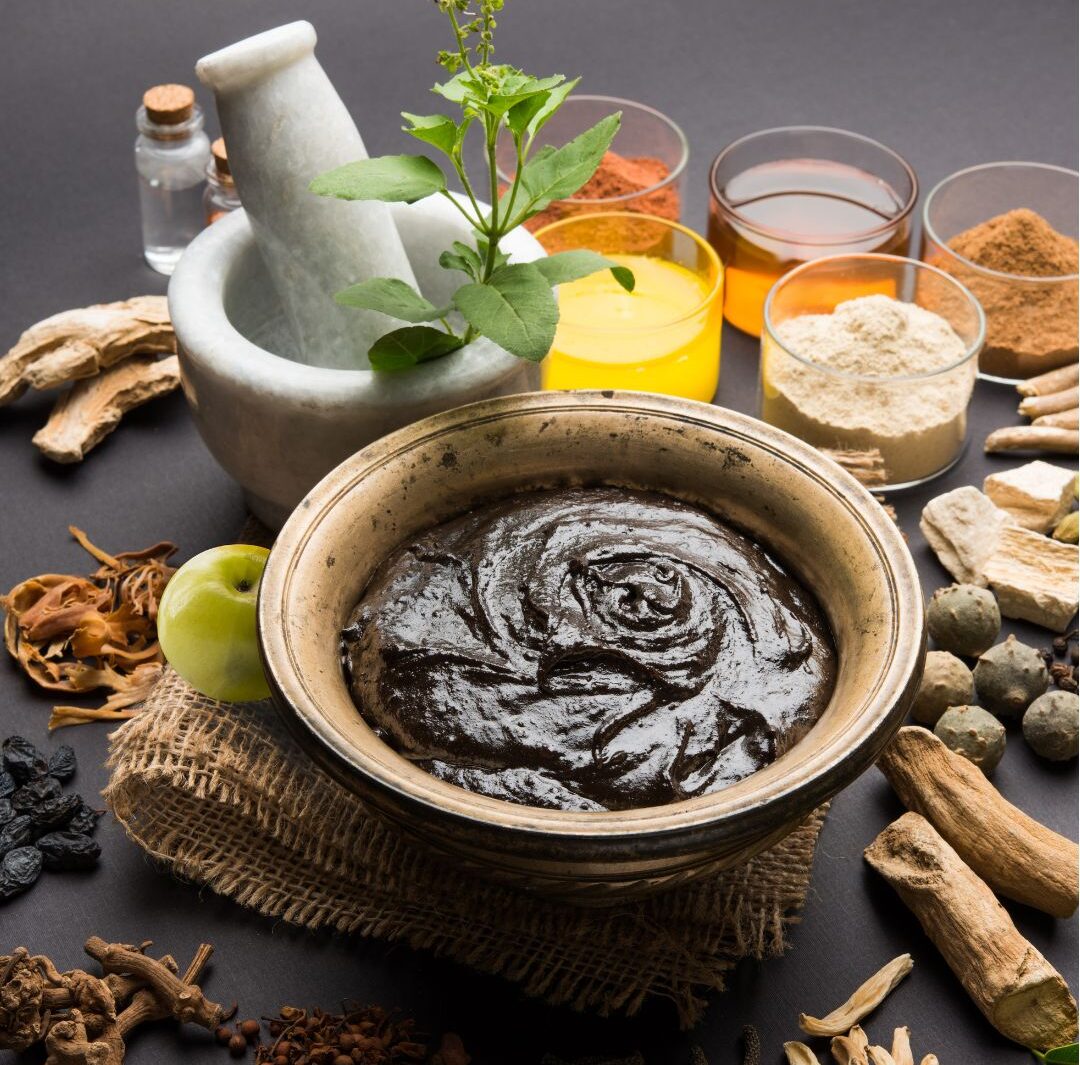Ayurveda’s Global Surge: Revolutionizing Chronic Disease Care with Science-Backed Indian Wisdom
August 2025, New Delhi, India – As the world grapples with a rising tide of chronic diseases, Ayurveda, India’s ancient healing system, is emerging as a global powerhouse in health and wellness. Blending millennia-old wisdom with cutting-edge scientific validation, Ayurveda is transforming how conditions like diabetes, hypertension, and mental health disorders are managed. With the global Ayurveda market projected to reach $14.62 billion by 2026, India is positioning itself as a leader in integrative medicine, offering cost-effective and holistic solutions that resonate with modern healthcare demands, particularly for Indo-Thai audiences seeking sustainable wellness.
A New Era for Ayurveda
Ayurveda’s resurgence is driven by its personalized approach, rooted in balancing the body’s doshas (Vata, Pitta, Kapha) through diet, herbs, and lifestyle practices. In 2025, hospitals in Kerala and wellness centers in Rishikesh are reporting a 40% increase in international patients, drawn by treatments that integrate Ayurvedic therapies like Panchakarma with conventional medicine. A groundbreaking study from the All India Institute of Ayurveda (AIIA) in New Delhi, published this year, found that Ayurvedic formulations using ashwagandha and guduchi reduced blood sugar levels in type 2 diabetes patients by 25% over six months, rivaling standard pharmaceuticals with fewer side effects.
The global appeal lies in cost savings and efficacy. Ayurvedic treatments for chronic conditions like arthritis and stress-related disorders can save patients up to 38% compared to Western therapies, according to a 2025 report by the Indian Ministry of AYUSH. “Ayurveda doesn’t just treat symptoms—it addresses the root cause,” says Dr. Priya Sharma, an AIIA researcher. “Our collaboration with modern diagnostics is proving its value worldwide.”
Indo-Thai Wellness Synergies
Thailand, with its own rich herbal medicine tradition, is forging ties with India to explore integrative models. The Indo-Thai Wellness Summit, held in Bangkok in July 2025, showcased joint research on turmeric (curcumin) and Thailand’s plai for anti-inflammatory therapies. Indian startups like AyurGenix are partnering with Thai wellness brands to develop standardized herbal supplements, ensuring quality control through blockchain-traced supply chains. These efforts are resonating with health-conscious consumers in both nations, where chronic diseases account for 60% of healthcare burdens.
Community-driven initiatives are also fueling the rise. In rural Tamil Nadu, women’s collectives are reviving traditional knowledge by cultivating medicinal plants like neem and tulsi, supplying global markets while empowering local economies. In Thailand, Indian-inspired Ayurvedic yoga retreats are gaining traction, blending asanas with Thai massage techniques to address stress and insomnia, conditions affecting 30% of urban populations in both countries.
Science Meets Tradition
The integration of Ayurveda with modern science is dismantling skepticism. Advanced genomic studies in 2025 have validated Ayurvedic principles of personalized medicine, showing how dosha-based treatments align with genetic predispositions. For instance, AI-driven platforms like AyuTech are using machine learning to tailor Ayurvedic diets to individual microbiomes, enhancing outcomes for digestive disorders. Meanwhile, global institutions like Harvard Medical School are studying Ayurvedic herbs for neurodegenerative diseases, with early trials on Brahmi showing a 15% improvement in cognitive function among elderly patients.
Mental health is another frontier. With anxiety and depression rates soaring, Ayurvedic practices like Shirodhara (oil therapy) are being adopted in wellness clinics from Mumbai to Chiang Mai, offering non-invasive alternatives to antidepressants. A 2025 pilot program in Bengaluru reported a 45% reduction in anxiety scores among participants using Ayurvedic protocols alongside cognitive therapy.
Challenges and the Path Forward
Despite its promise, Ayurveda faces hurdles. Standardization remains a concern, with only 20% of global Ayurvedic products meeting stringent quality benchmarks, according to a 2025 WHO report. India is countering this with initiatives like the AYUSH Export Promotion Council, launched in 2024, to regulate and certify products. Public awareness is also critical. “We need to educate both Indian and global audiences about evidence-based Ayurveda,” says Vaidya Rajesh Kotecha, Secretary of AYUSH. “It’s not alternative medicine—it’s integrative.”



